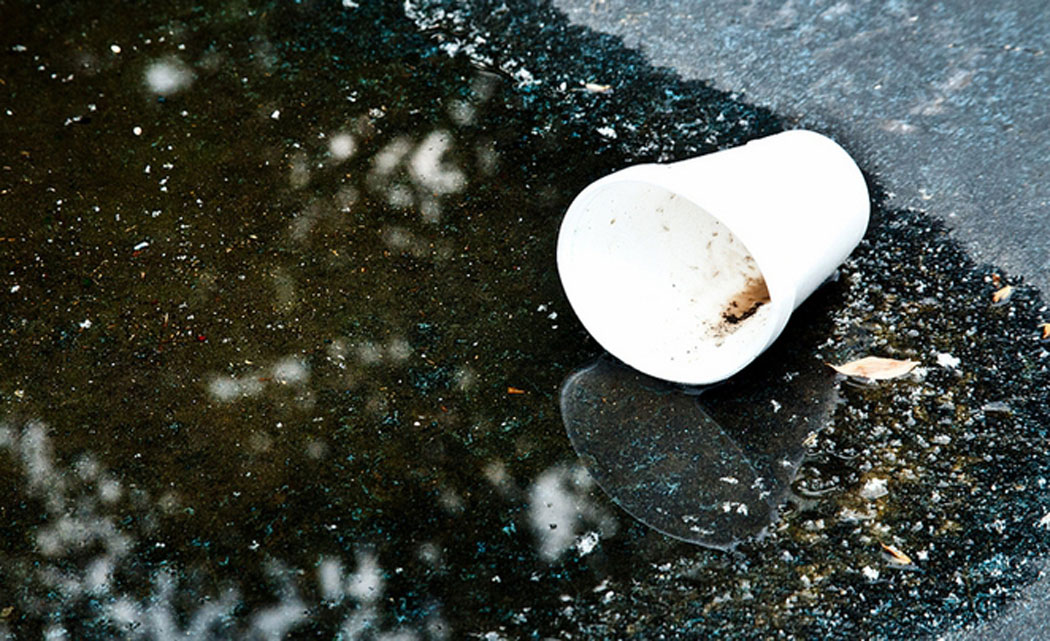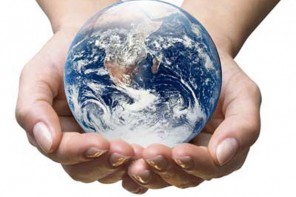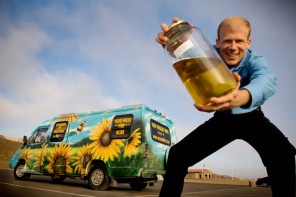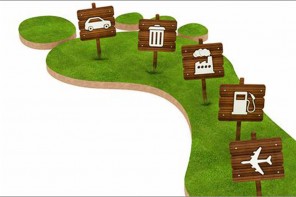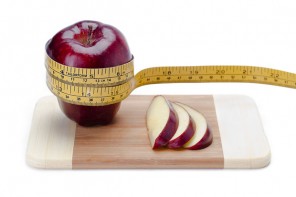Don’t bin it, ban it! That’s the approach New York City is taking against Styrofoam products this year, with a ban against all single-use Styrofoam products being implemented in a few months.
From the 1 July, all manufacturers, food service establishments and stores won’t be allowed to sell, offer or even possess any single-use Styrofoam cups or containers. In addition, Styrofoam pieces (known as packing peanuts) that are used for packaging will also be banned.
It is said that this ban is going to make a hugely positive environmental impact: up to 28,500 tons of polystyrene will be removed from the city’s landfills, streets and waterways in a year. This was the amount of expanded polystyrene created in 2014, with 90 percent of it being made up of single-use Styrofoam containers, cups and trays.
When it comes to recycling Styrofoam, it is pretty high-maintenance. Not all recycling programs accept Styrofoam because it is difficult to recycle. It has to be completely clean and kept separate from other types of plastic. This is why many cities, including New York, do not have recycling programs that collect it, which means the substance ends up in landfills.
A shocking 57 chemical by-products are released during the combustion of polystyrene foam
It is also risky to human health. Styrofoam is made of polystyrene, which is petroleum-based. According to the National Bureau of Standards Center for Fire Research, a shocking 57 chemical by-products are released during the combustion of polystyrene foam. These harmful chemicals leak out of the plastic, especially when they are heated up, contaminating the food they contain.
Styrene, a chemical that is found in plastics such as polystyrene, is regarded as a probable carcinogen due to how it has the ability to damage human cells to the point of causing cancer. When people work with styrene, they can develop a range of illnesses, such as ‘styrene sickness’ which includes feelings of fatigue and headaches.
New York is not the first city to ban Styrofoam. It follows in the footsteps of other U.S. cities—70, in fact—such as San Francisco, Oakland, Seattle and Washington DC. Why it’s so important to note New York City’s ban is that the city contains the largest population in the country—more than eight million people—and it has a large amount of restaurants, bistros and cafés, all establishments that have been making use of Styrofoam. Banning it is therefore a big step towards a cleaner, healthier country.
Image here

